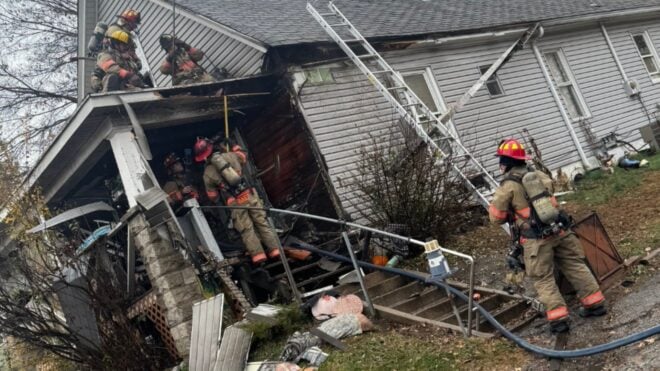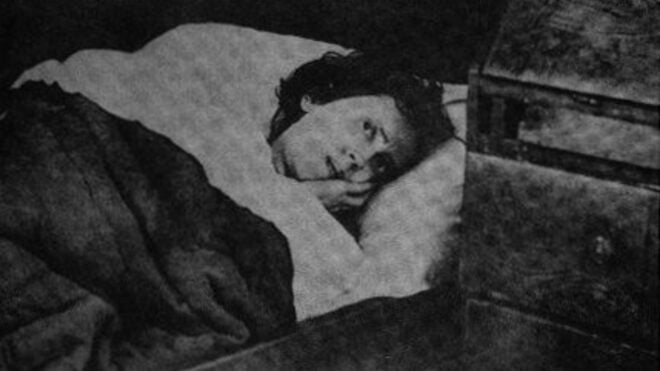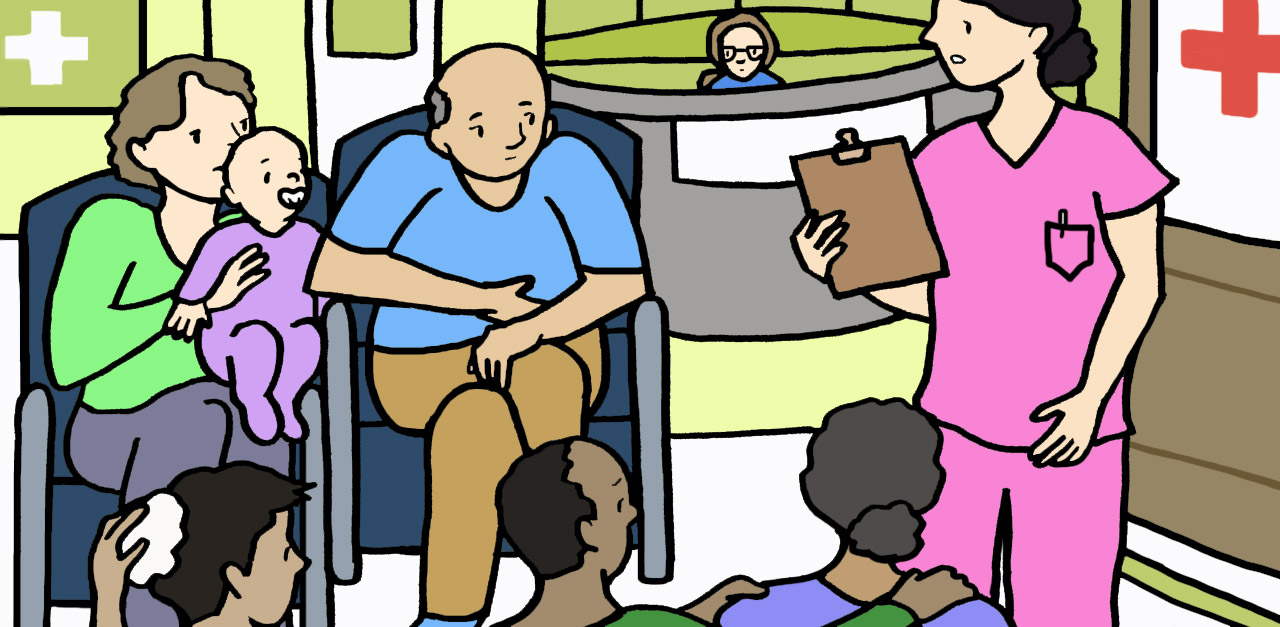
Most of us would rather avoid a trip to the ER whenever possible. After all, emergency rooms are (as the name implies) for emergencies only.
The trouble is, lots of people don't realize when to go to the ER. There are many "minor" symptoms and injuries that actually require emergency care.
Here's an example: Nobody would stay at home in bed if they tripped on the sidewalk and broke their ankle, but someone who is feeling sick and suddenly spikes a high fever might just pop a few pills and try to sleep it off.
The first situation is obviously a job for the ER. The second is, too, but it's a more subtle symptom, so people might not know when to go to the ER and get care.
The medical staff in the ER are trained to expect the unexpected, and they are prepared for situations that change quickly, like belly pains that turn into surprise childbirths.
Some emergencies don't look as extreme as a broken limb or an arriving baby, but they are still 100% worth a trip to the ER!
Photo credit: Flickr / molybdena
Symptom No. 1: Splitting Headache
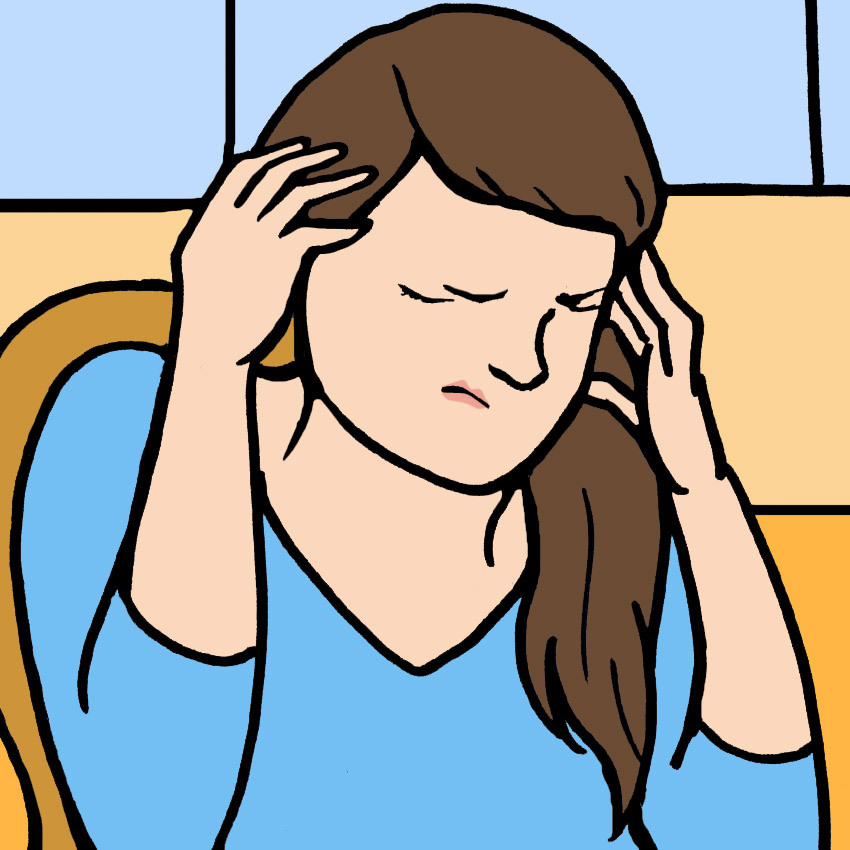
When you get a headache, your first instinct might be to swallow a pain pill and hit the hay to try to sleep it off.
That might be the right move, especially if you're someone who frequently suffers from migraines and cluster headaches and knows their symptoms.
However, if you develop an agonizing headache that you would describe as "the worst headache of your life," seek emergency medical care.
The Columbia University Department of Neurological Surgery explains that this type of splitting headache might be your only warning sign of a life-threatening brain hemorrhage.
Symptom No. 2: Achy Chest
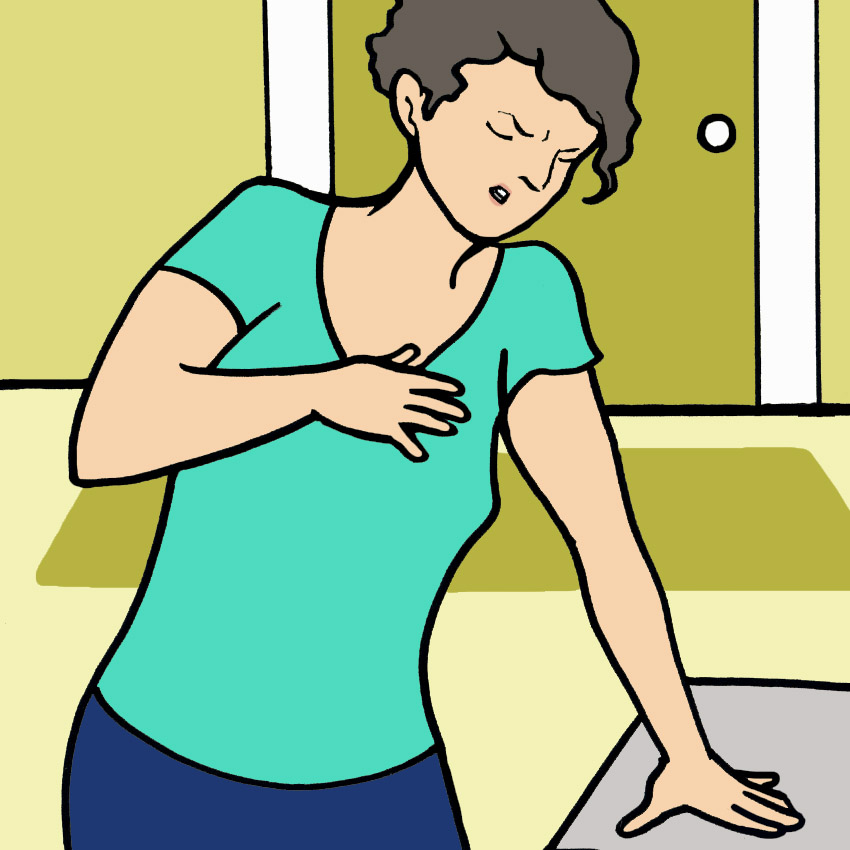
If you experience chest pain, pay very close attention to your symptoms.
If you have an obvious trigger for chest pain, like a pulled muscle or an injury, your chest pain is probably nothing to worry about.
However, if you experience a squeezing feeling that turns into a tight painful ache, seek emergency medical attention.
This kind of chest pain, especially after exercise, can be an early symptom of a cardiac event like a heart attack, according to Heart Sisters.
Symptom No. 3: Spiking Fever
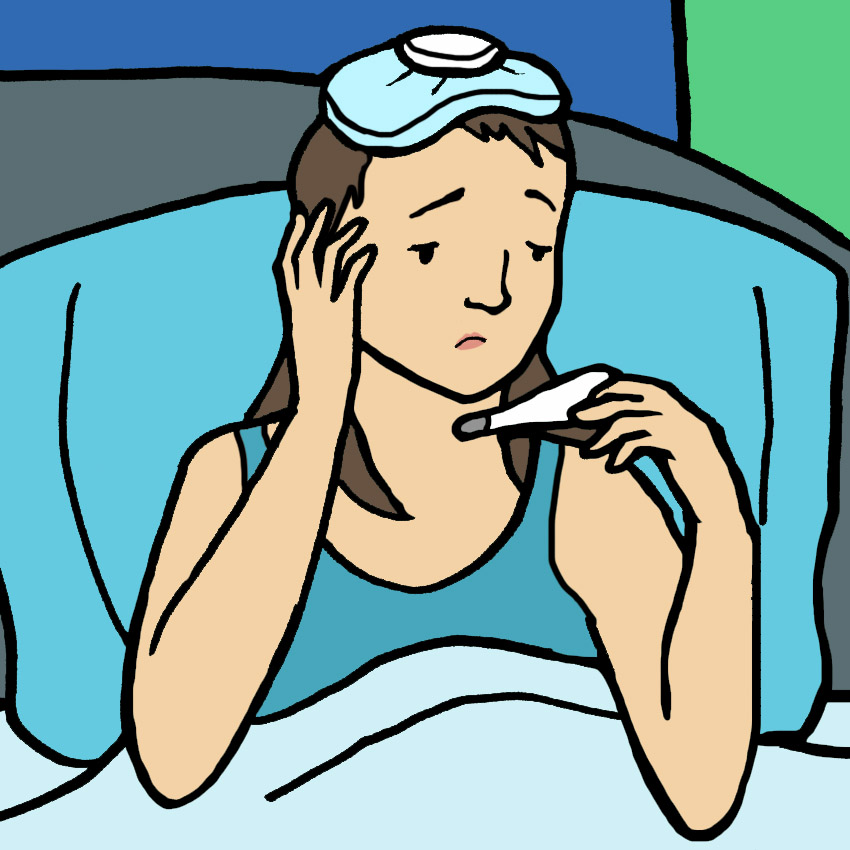
If you're laid up in bed with a flu or cold, it's normal to spike a fever — this shows that your body is fighting something off.
Most fevers can be treated at home with some aspirin or ibuprofen, but there are exceptions.
If you have a fever that suddenly spikes out of the blue — and spikes high — you should head to the ER.
Any temperature of 105 degrees or higher in an adult is a medical emergency, according to WebMD.
Meanwhile, a consistent fever over 103 degrees might indicate a serious infection that needs urgent treatment.
Symptom No. 4: Feeling Breathless
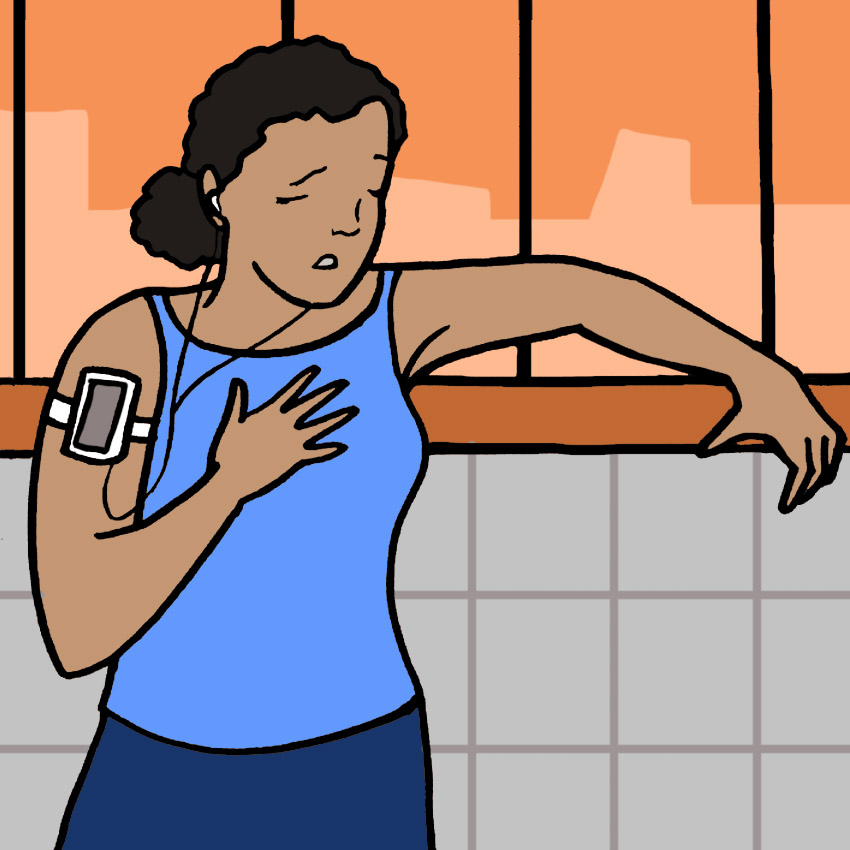
Its's normal to feel a bit breathless if you run up a long flight of stairs, or to struggle catching your breath for a few minutes after a jog.
However, breathlessness becomes a serious symptom if you are unable to catch your breath. Any situation where you are unable to get enough air can turn serious very quickly.
In an interview at the University of Utah, Dr. Troy Madsen notes:
“If this is something that’s come on suddenly, you’re having trouble getting deep breaths in, you feel shorter breath, your lungs feel tight, your throat feels tight, those are absolutely reasons not only to go to the ER but you may even consider calling 911.”
Symptom No. 5: Bleeding Cut
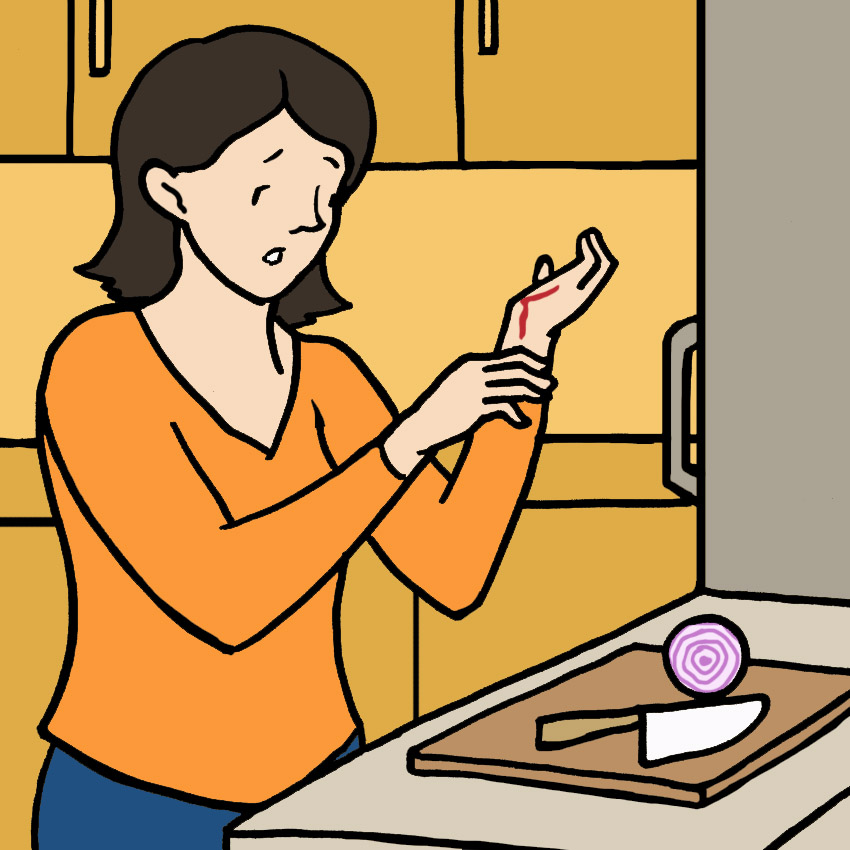
If you are badly injured and bleeding, it's likely that your first instinct will be to go to the ER.
But what about when your knife slips and cuts you while you're cooking, or you get a nasty scratch from rusted metal while cleaning up your backyard?
Most people try to care for those wounds themselves, and that can be a major mistake.
Go to the ER if you have a cut that won't stop bleeding, a cut that is deep and requires stitches, or a cut that might be contaminated by rust or other dangerous material, advises the Cleveland Clinic.
A cut with rust requires a tetanus shot, and any injury from an animal might require rabies shots or other inoculations.
Symptom No. 6: Bump on the Head
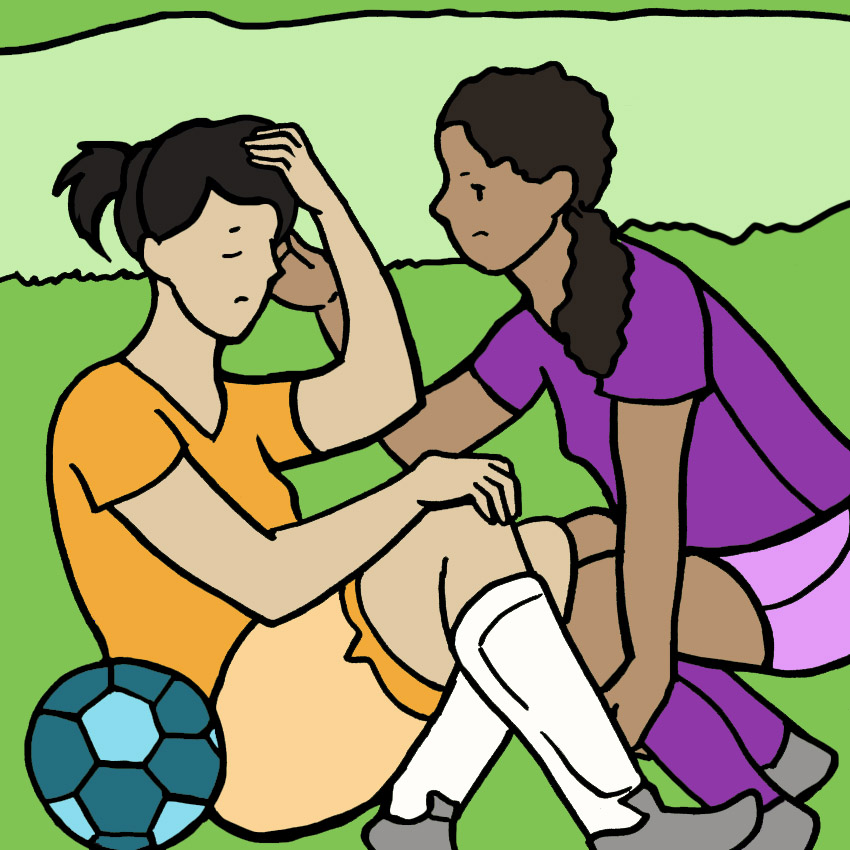
If you get a rap on your head getting out of the car, do you need to hit the ER? Probably not.
But there are bumps, and there are bumps. If you really conk your head on something or get hit by a projectile like a ball, you need to get your head checked.
The symptoms of a concussion can go unnoticed at first. According to Harvard Medical School, all possible head injuries need to be evaluated by a doctor immediately. Go straight to the ER or call for emergency help.
Symptom No. 7: Stubborn Stomach Upset
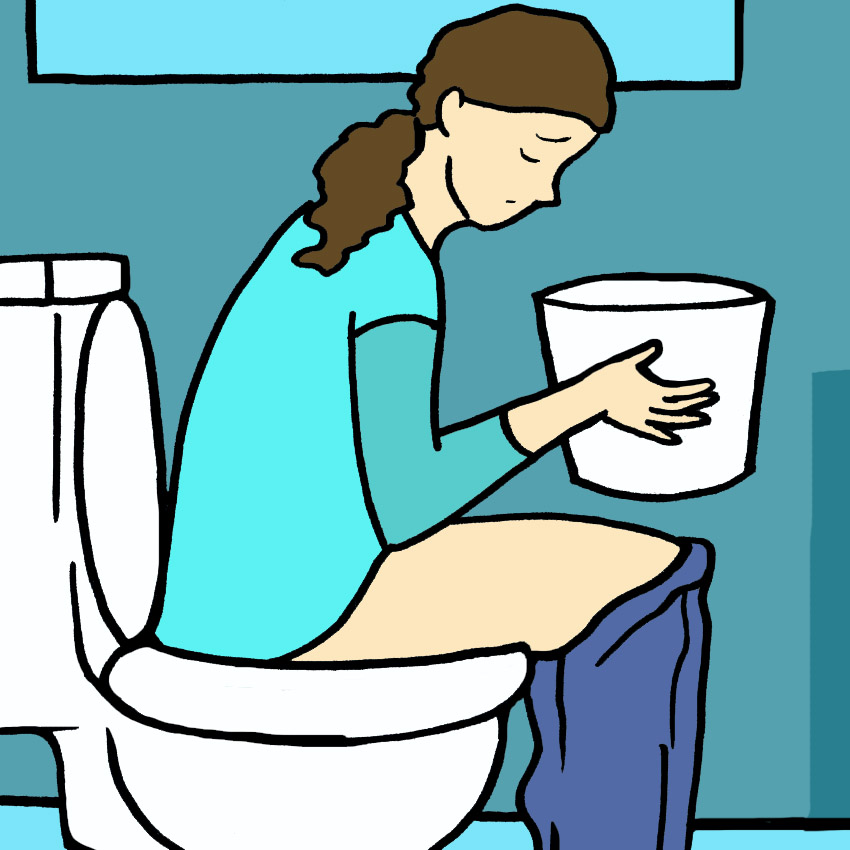
When you have a stomach bug, all you want to do is lock yourself in the bathroom and hide until it's over.
For the average stomach bug, that approach is fine, provided you are getting enough liquids and rest.
However, if your diarrhea continues for more than five days, or you start to worry you are becoming dehydrated, go straight to the ER.
Dehydration can be very serious, even fatal, according to the Mount Sinai Icahn School of Medicine. ER doctors can put you on a saline drip to help get your fluid levels up again.
Symptom No. 8: Pins and Needles
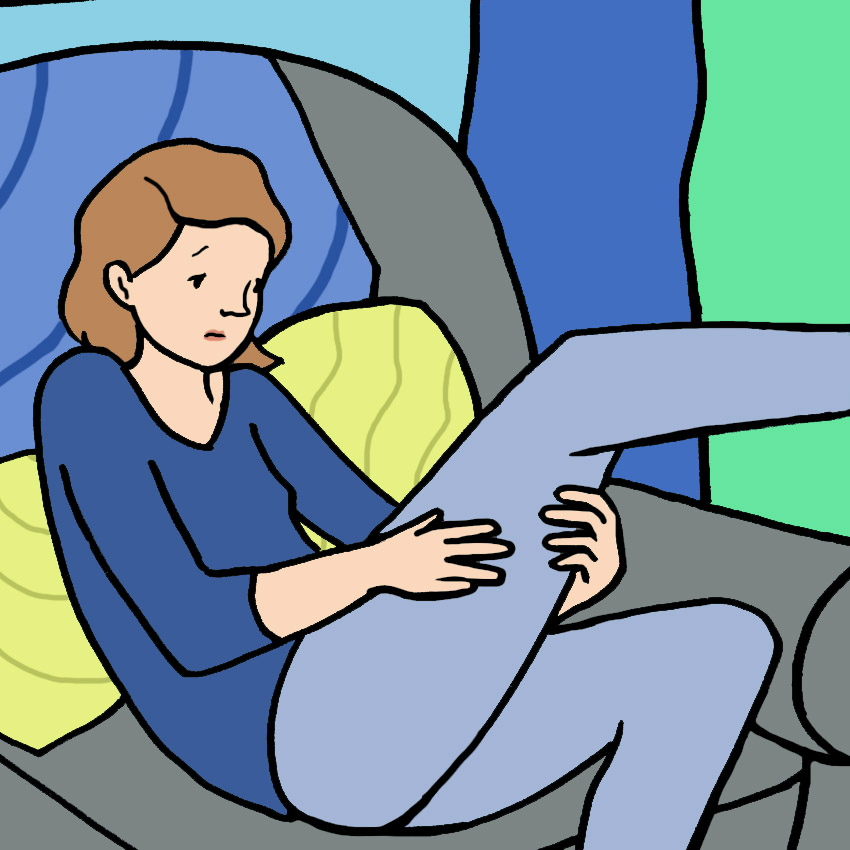
The term "pins and needles" is a nickname for the prickly sensation you get after a body part has gone numb.
Usually, this has an obvious trigger. If you sit on your foot, you cut of blood flow, leading to pins and needles.
However, if you get feelings of prickling or numbness out of the blue, go right to the ER.
According to WebMD, having these sensations (especially confined to one side of the body) might indicate that you are having a stroke.
Symptom No. 9: Sudden Lump or Bump
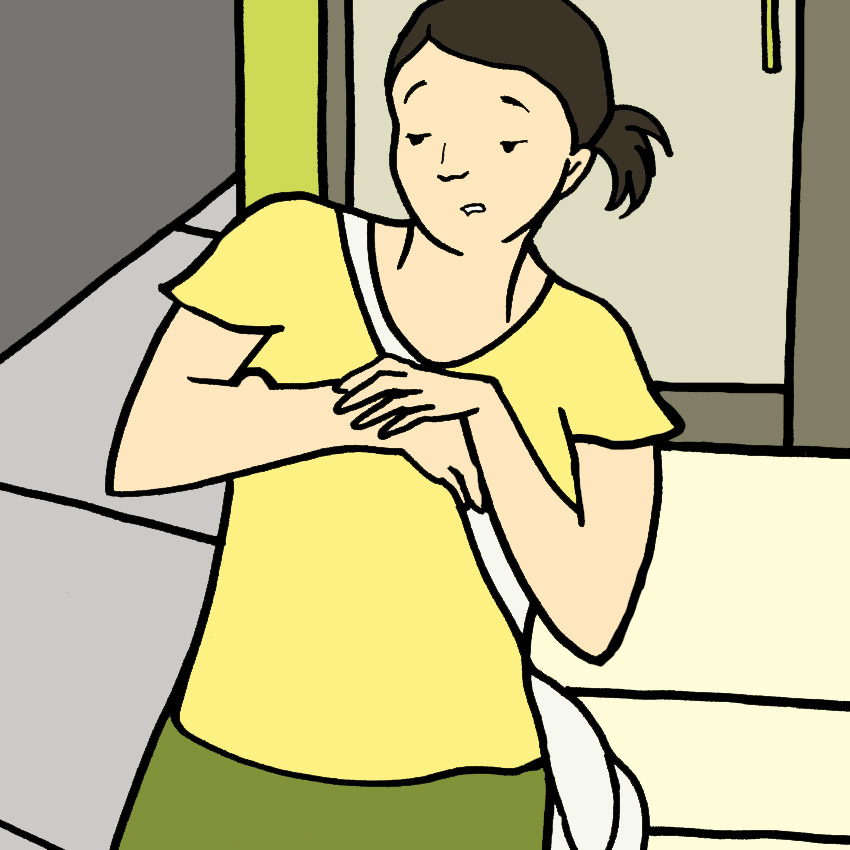
We all know our own bodies pretty well, so you're likely to notice if a sudden lump appears out of nowhere.
Unexplained lumps can indicate all sorts of things. If it's painful, it could be an infection or even a symptom of a small fracture.
If it's not painful, it could be a rash or a new growth. Cleveland Clinic also notes that lumps that are cancerous typically appear spontaneously.
While most bumps are unlikely to be malignant, going right to the ER can give you peace of mind fast.
Symptom No. 10: Feeling Faint
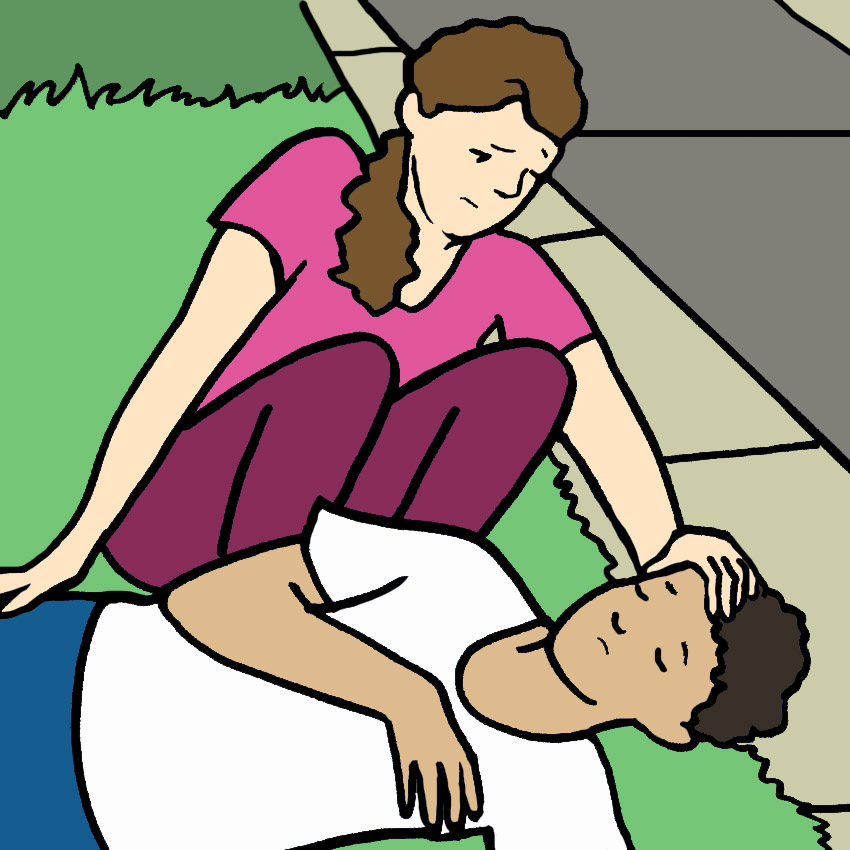
It's normal to feel lightheaded under certain circumstances. Some people might feel faint after standing up or forgetting to eat lunch.
However, if you swoon or lose consciousness, there's a good chance you need to get to the ER immediately.
Fainting with any kind of pain or other symptoms can be a sign of a more serious underlying condition, according to HuffPost.
Meanwhile, even if your dizziness is from a less-serious trigger, actually passing out might cause you to injure your head or break a bone.

